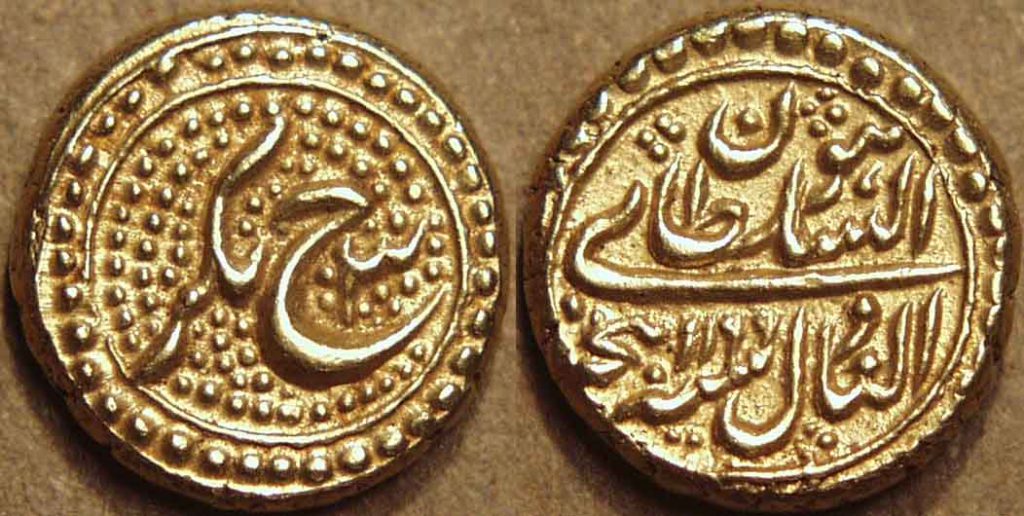Iran hangs gold coin ‘sultan’ in crackdown after US curbs

Iran executed a gold dealer known as the “Sultan of Coins,” in a warning to merchants not to exploit the country’s financial troubles as U.S. sanctions squeeze the economy.
Vahid Mazloumin was sentenced to death in October after being accused by Iranian authorities of contributing to price hikes by hoarding gold.
The very specter of sanctions, even before they were resumed in August, plunged the Iranian currency market into turmoil and sent the rial plummeting about 70 percent against the dollar, fueling a surge in prices and encouraging illegal trading.
Mazloumin didn’t hold a permit to trade gold and foreign currency, yet had formed the largest illegal network in that area, according to state-run Fars news agency. He instructed his team to corner the gold coin market to resell at higher prices, amassing about 2 tons of them, local media said. His assistant, Mohammad Esmail Qassemi, was also hanged early Wednesday, state-run Iranian Students News Agency said.
Authorities have vowed the nation will weather the bruising U.S. measures against Iran’s energy, banking, automotive and gold sectors, without elaborating how. In an effort to restore calm and project a sense of order, they’ve repeatedly threatened to take harsh measures against anyone “disrupting the economy” while promising to provide assistance to the poor.
On Tuesday, Tehran police said security forces had arrested about 130 illegal currency traders in recent days.
To lessen the pain of rising prices, President Hassan Rouhani’s government is providing benefits for the neediest to help pay for food packages that include meat, cooking oil and dairy. Parviz Fatah, who heads the state-controlled Imam Khomeini Relief Foundation, said the program will initially reach 2.7 million Iranians after its launch on Tuesday.
Supreme Leader Ayatollah Ali Khamenei said in a speech on Wednesday that Iran “can solve its economic problems by correctly using its domestic resources.”
(By Ladane Nasseri)
{{ commodity.name }}
{{ post.title }}
{{ post.date }}




Comments